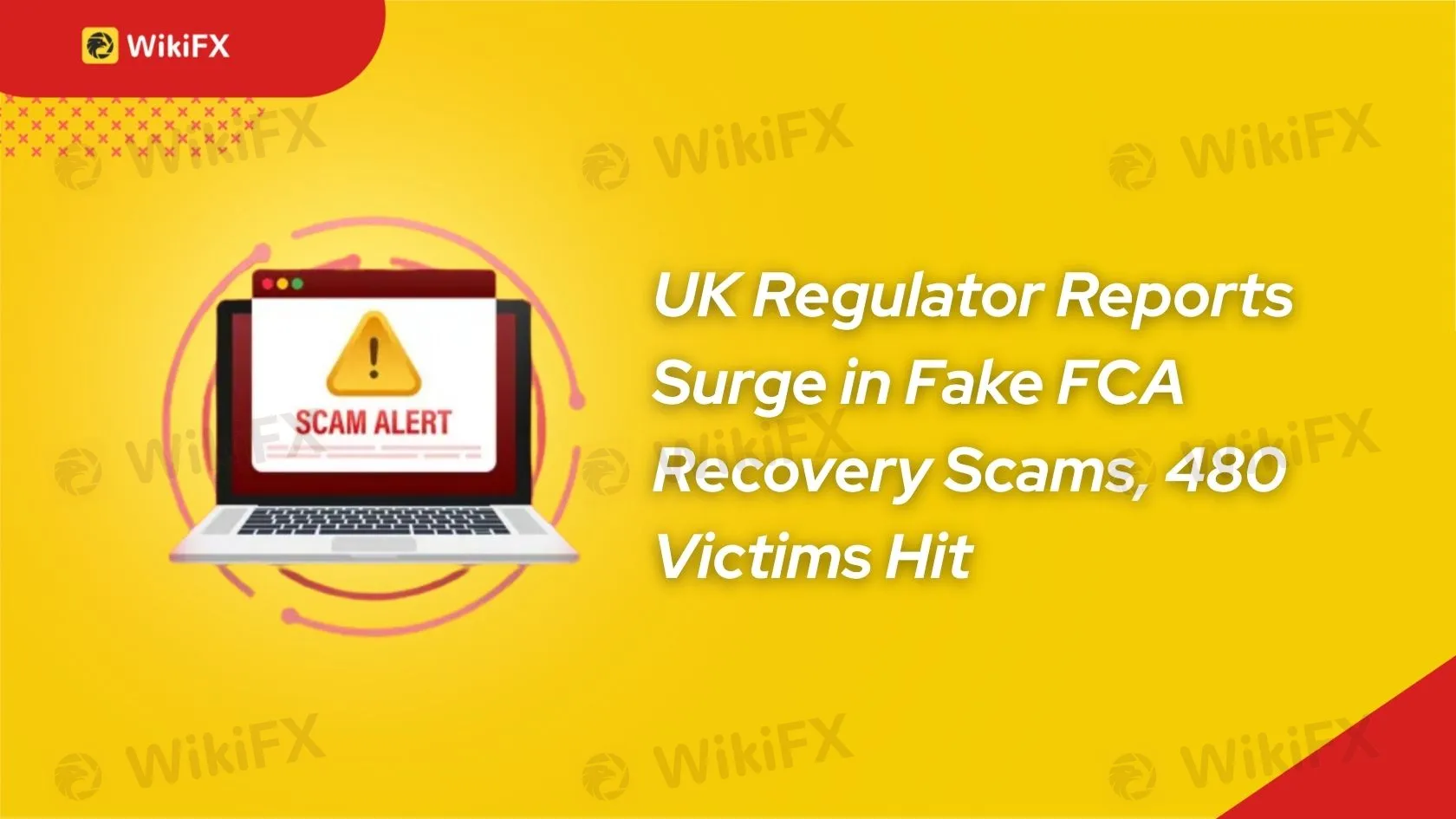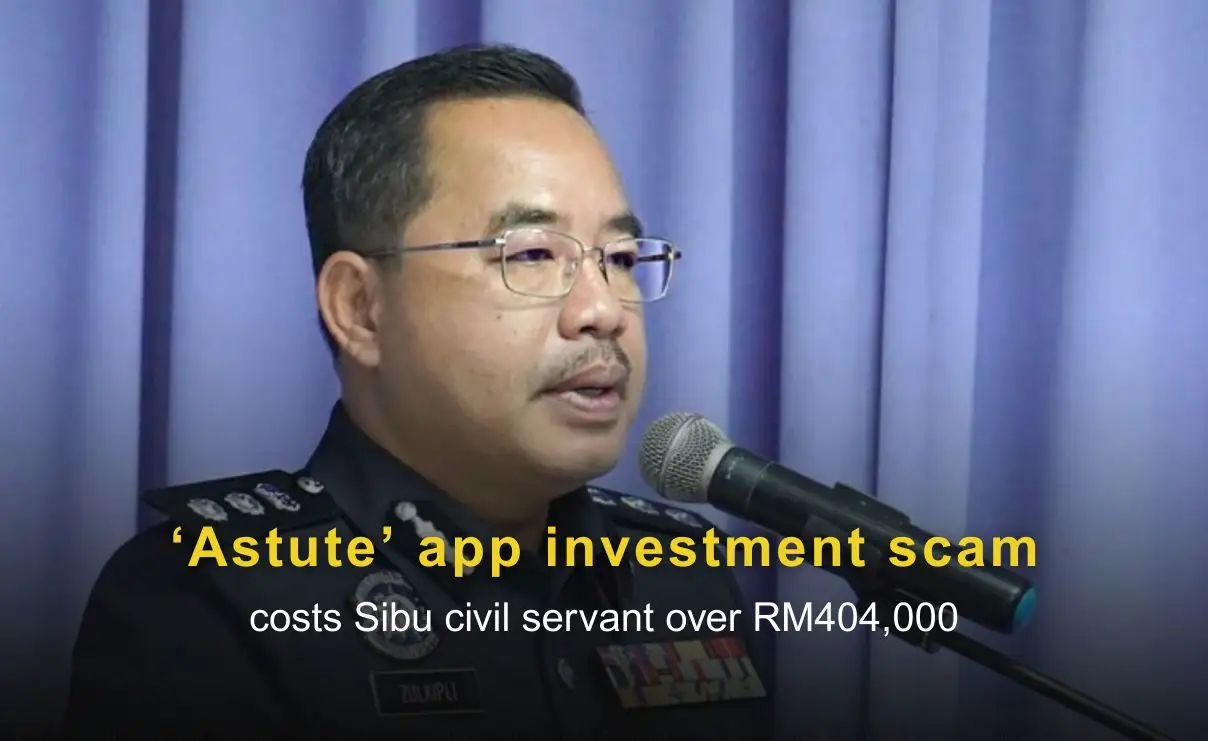Abstract:The UK’s Financial Conduct Authority (FCA) has raised the alarm over a surge in impersonation scams, with close to 500 people losing money in the first half of 2025.

Scale of the Threat
Between January and June, the FCA recorded 4,465 reports of fraudsters misusing its name to deceive consumers. Out of these, 480 victims transferred funds directly to criminals. Older investors appear to be the primary targets, with those aged over 56 accounting for nearly two-thirds of the reports.
The scams often arrive via phone calls, emails, text messages, or WhatsApp, with fraudsters claiming to represent the FCA. They then request payments or sensitive banking details under the pretense of recovering lost investments.
Recovery Scam Tactics
The most common approach involves convincing victims that the FCA has retrieved cryptocurrency allegedly linked to their identities. To access these funds, victims are asked to provide bank information or make additional transfers.
Other schemes involve contacting people who already lost money in fraudulent loans, offering “recovery assistance” for a fee, or sending fake legal notices claiming consumers owe money and must pay the FCA directly.
A particularly harmful trend is so-called “pig butchering” scams, where fraudsters build personal or romantic connections before luring victims into fraudulent investments. After the initial loss, the same criminals return posing as FCA officials offering to help recover funds—again, in exchange for money.
Numbers Rising Year on Year
The regulator noted that in 2024 it received 10,379 impersonation scam reports, with 991 victims losing funds. If the current pace continues, 2025 could see another year of sharp increases in financial harm caused by impersonators.
Protecting Yourself from Impersonation Scams
The FCA has made it clear that it will never request money transfers or ask for sensitive banking information such as PINs and passwords. Any message or call making such claims should raise immediate suspicion.
To stay protected, investors are advised to verify the legitimacy of financial service providers through official channels. One effective way is to use platforms like WikiFX, which allow users to check whether a broker is properly licensed and supervised. This extra step of verification can help prevent falling victim to scams that misuse the names of regulators or established institutions.
By combining caution, direct checks with regulators, and tools like WikiFXs broker search, investors can significantly reduce their exposure to fraudsters who exploit trust to steal funds.








